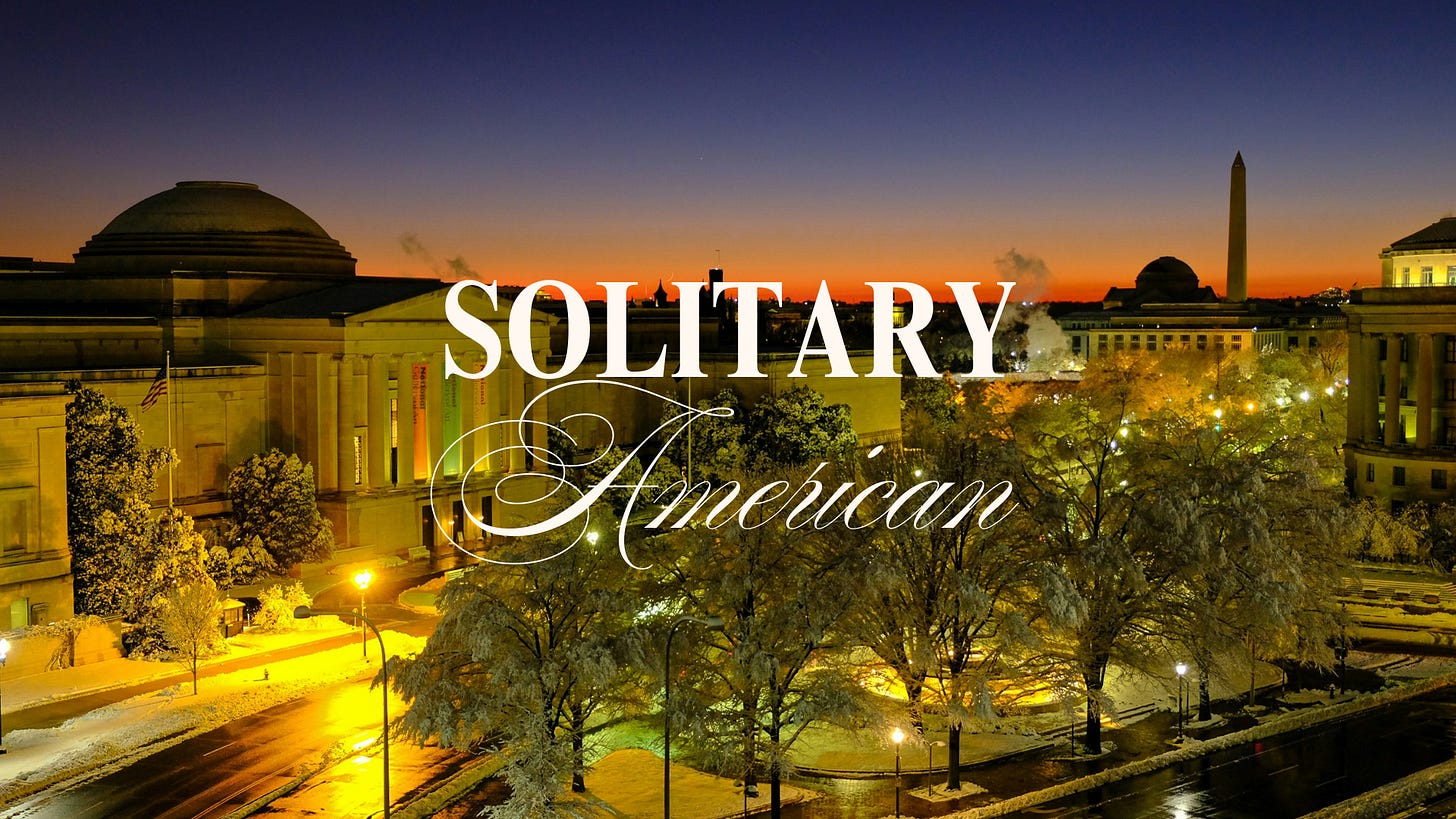On September 9th, 2009, the late summer heat lingered as the sun projected a western shadow over the Washington Monument. Theodore Olson walked toward his destination, the morning already warm at 79 degrees with light rain from overnight still dampening the marble steps. At 69, he moved with the measured confidence of someone who had argued before these nine justices dozens of times. The New York Times had called him "his generation's most persuasive advocate" before the Court.
His silver hair was perfectly combed despite the humidity. His dark suit impeccable, the uniform of a man who understood that in the nation's highest court, presentation mattered as much as precedent. Maybe more. He carried a leather briefcase that had accompanied him through a disputed presidential election, through his years as Solicitor General, through decades of constitutional battles.
The case that brought him here had begun as something far more humble. A nonprofit organization had produced a documentary and wanted to promote it during the election season. The Federal Election Commission said no, citing campaign finance laws that prohibited certain corporate expenditures near elections. To Olson, it seemed like a straightforward First Amendment case. A group had made a film, and the government was preventing them from promoting it.
But the path to this humid September morning had revealed layers of complexity that even Olson, with all his experience, hadn't fully anticipated. What started as a narrow dispute about one documentary had evolved into something much larger. The justices weren't just considering whether his clients could air their film and spend their hefty budget promoting it. They were grappling with fundamental questions about the nature of free speech and the limits of government regulation.
The Supreme Court had done something unusual: after hearing initial arguments months earlier, they had asked for reargument. This rarely happened, and when it did, it usually meant the justices were considering issues far broader than those originally presented. They had specifically asked the parties to address whether a 1990 decision that enforced restrictions on corporate political expenditures should be overruled.
Olson had spent weeks preparing for this moment with his characteristic discipline. Late nights in his law firm's offices, reviewing precedents, crafting arguments, anticipating questions from justices whose thinking patterns he knew intimately. He understood the constitutional landscape better than almost anyone alive. He knew which justices would interrupt with sharp questions, which would listen silently, which subtle shifts in language would reveal how they were leaning.
The Court's request for reargument suggested they were ready to go further than simply ruling on his clients' specific situation. The justices seemed poised to use this case as a vehicle for a much broader constitutional pronouncement.
In his mind, Olson was fighting for a principle he believed in deeply: that the First Amendment protected speech regardless of who was speaking. When the government could pick and choose which voices deserved protection based on their corporate structure, that struck him as fundamentally at odds with free speech principles. His clients had something to say, they had made a film to say it, and the government was silencing them based on technicalities about timing and corporate form.
What he perhaps didn't fully grasp was how ready he would need to be when Justice Ginsburg pressed him on whether corporations and individuals should be constitutionally equivalent, and how smoothly he would respond that "corporations are persons entitled to protection under the First Amendment." Those words, delivered with the confidence of someone who had argued constitutional law for decades, would provide the intellectual foundation for a decision that would reshape American democracy.
As he climbed those marble steps, briefcase in hand, Olson knew he was no longer simply advocating for his clients' right to share their message with the American people. He was no longer defending free speech against government censorship in a tradition that stretched back to the founding fathers. He was on the precipice of something far greater. If he succeeded, he would grant artificial entities the same constitutional rights as human beings, fundamentally altering the balance of discourse that American democracy had maintained for the latter half of the twentieth century.
The outcome of Citizens United v. FEC would reverberate through American society for a generation or more, fundamentally altering who gets to participate in the classical liberal negotiation between competing freedoms, adding artificial entities with unlimited resources to what had previously been a human conversation about human liberty.
To be continued...





